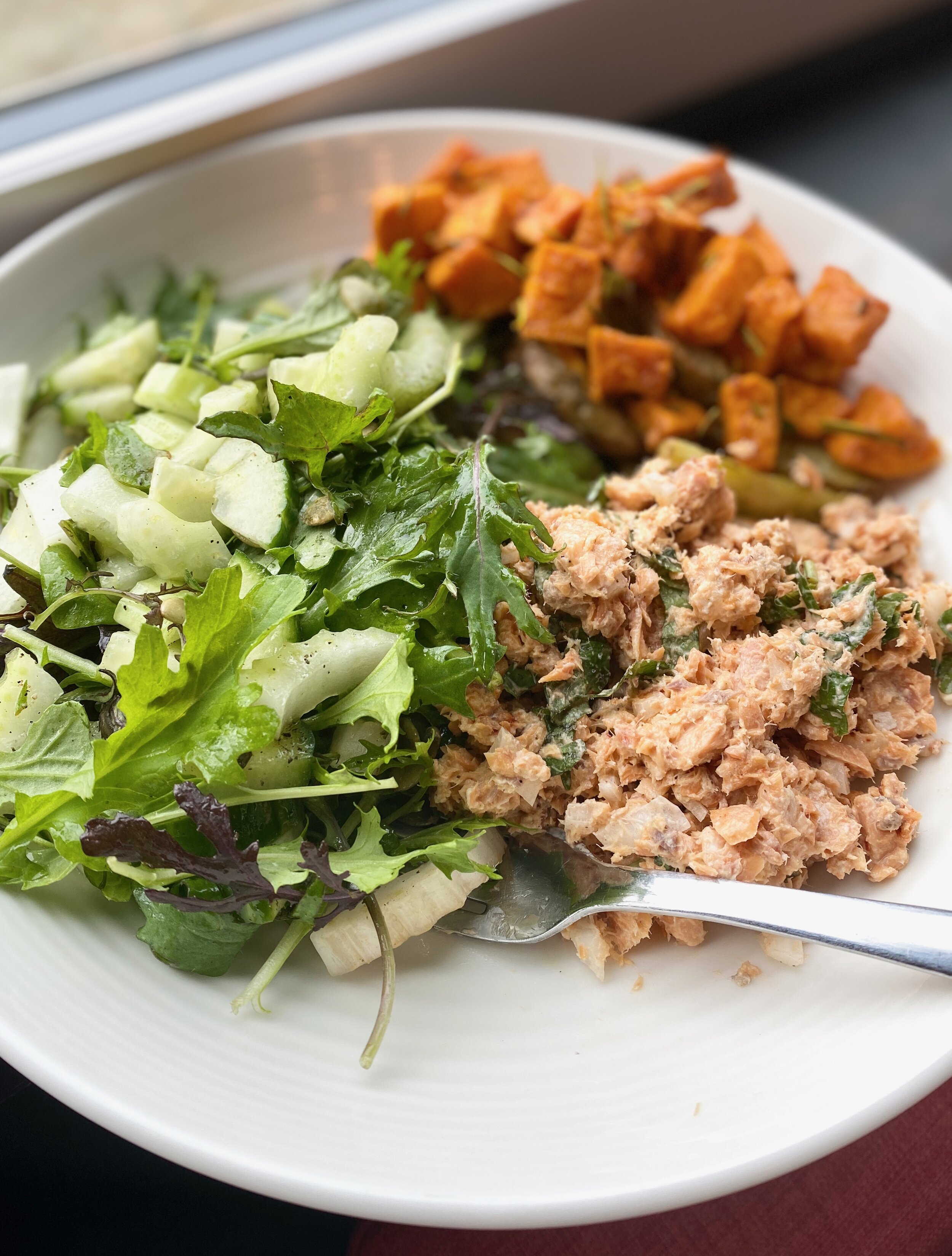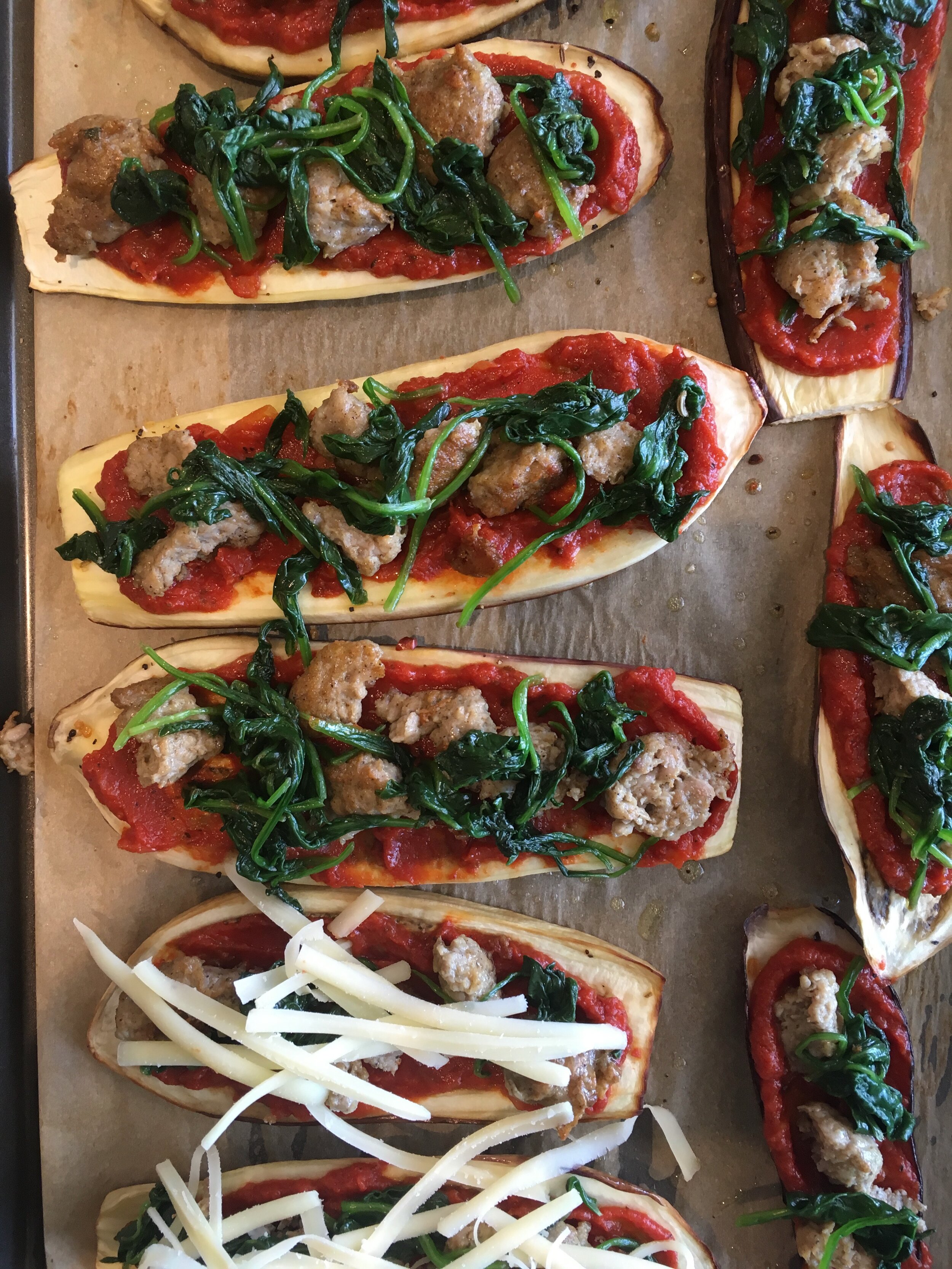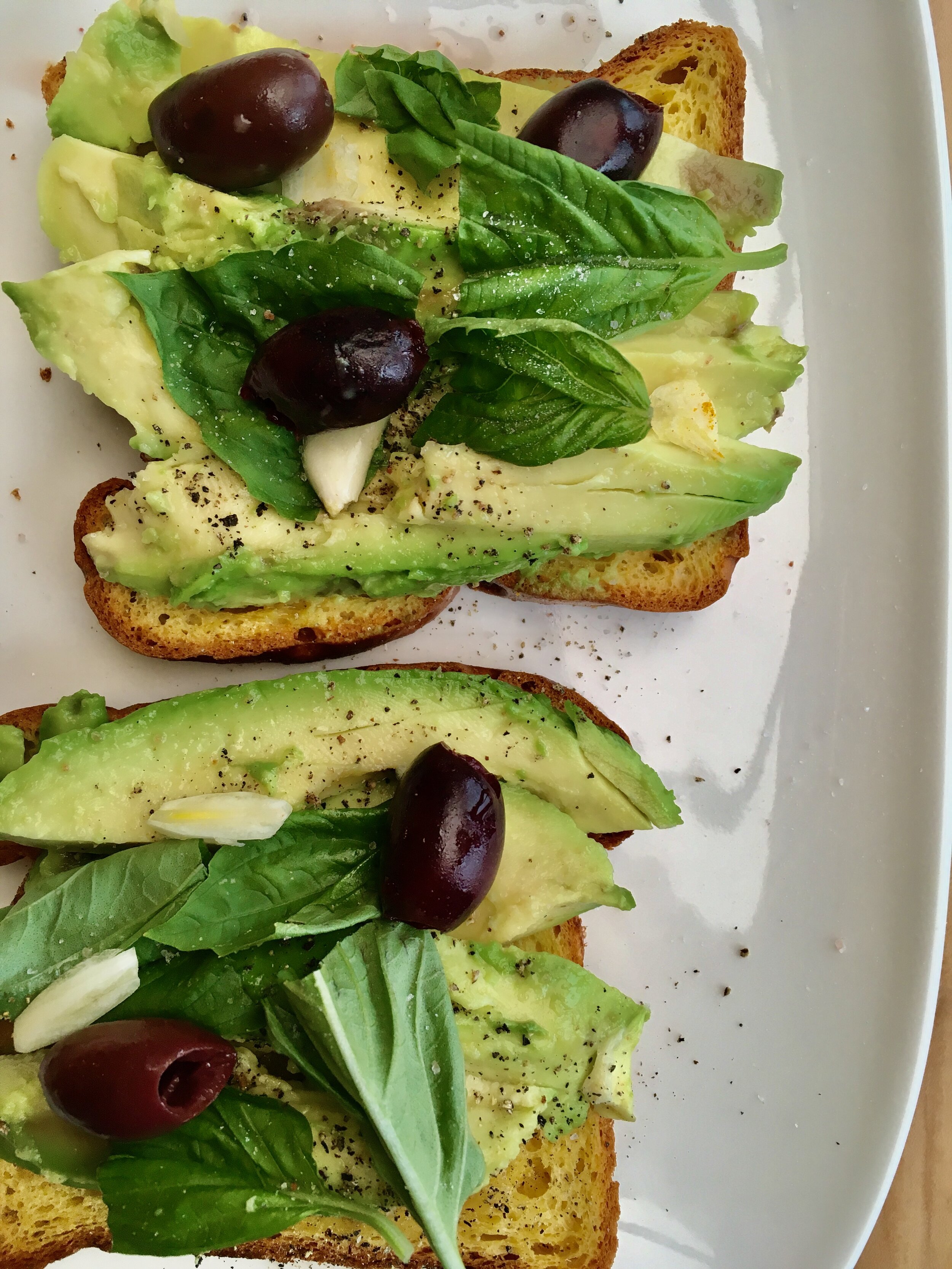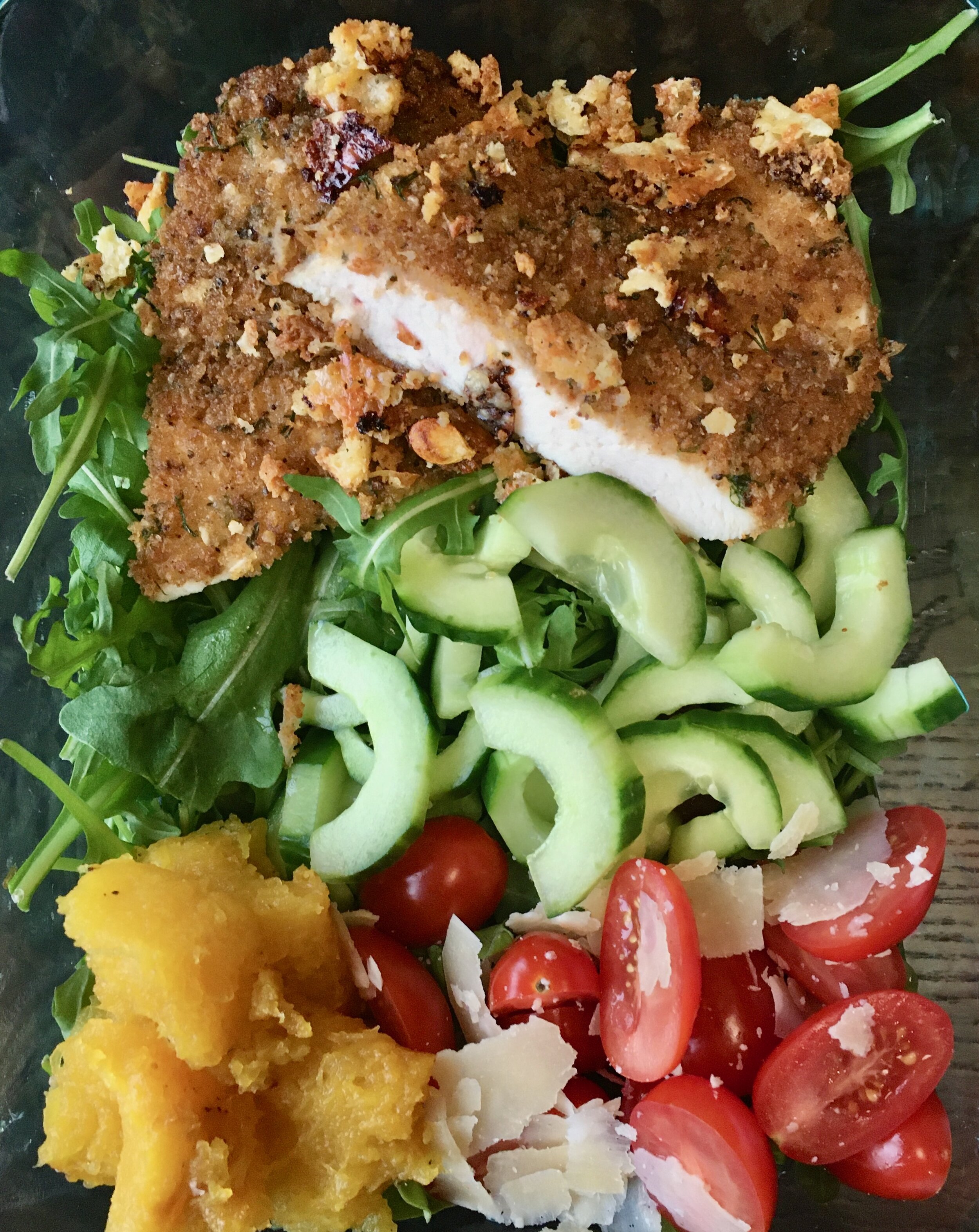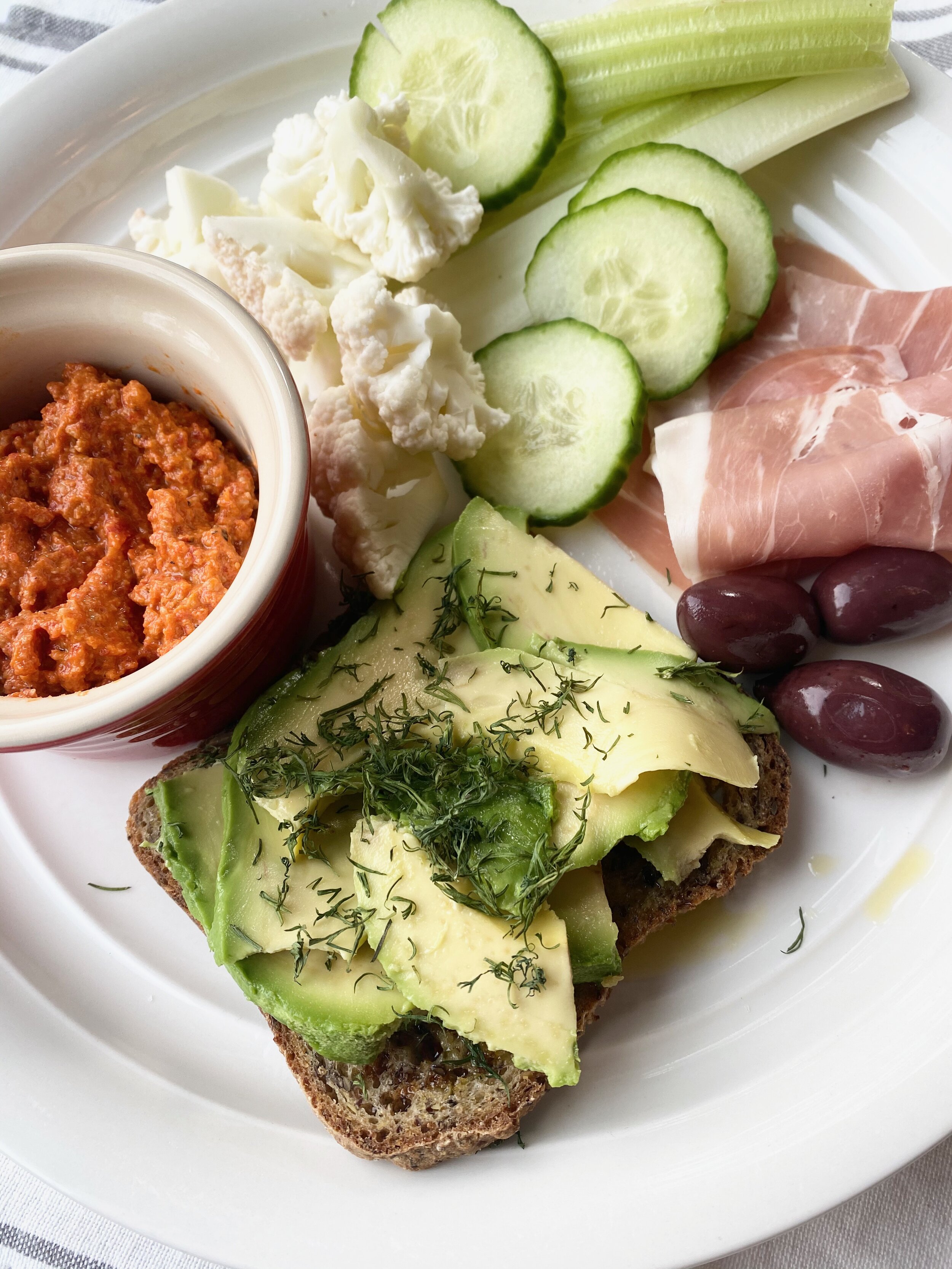It’s not all bad and it’s not your destiny!
For some people the thought of knowing their ApoE status causes stress and anxiety and they will choose not to know their ApoE status, and that is o.k, if it feels right for you. However, for some people, knowing their ApoE status encourages them to live a more optimal lifestyle and it empowers them to learn what they can do to express the gene in a positive way.
What is the ApoE 4 gene?
This ancestral gene sits on chromosome 17 in our genome and is probably THE most well known gene associated with an increased risk of Alzheimer’s. Please note, I said, increased risk, NOT, YOU WILL GET ALZHEIMER’S IF YOU HAVE THIS GENE. o.k, i’m good, sorry about that. Wink wink!
When it comes to your risk factor for Alzheimer’s, lifestyle choices and the ApoE gene can be associated with an increased risk. When speaking about the ApoE gene and an increased risk of Alzheimer’s, it depends on which combination of alleles you have; there are three different alleles- ApoE2, ApoE3 and ApoE4 allele and everyone has two alleles, the combination is what is important to know. According to many experts including Dr. Bredesen, if you have a 3/4 combo (meaning you have one 3 allele and one 4 allele) this increases your risk of developing Alzheimer’s by 30%. If you have 4/4 combo (meaning both alleles are from the ApoE4 gene) this increases your risk of developing Alzheimer’s by 50%. We get one allele from each parent.
Interesting Knowledge bomb
ApoE4 is believed to be the oldest or “original” allele (it’s closest to the apoE variant that nonhuman primates have, suggesting it existed even before the human and chimpanzee lineages split), with apoE2 and apoE3 developing as mutations more recently in human history. APoe 4/4 can be much more common among specific groups—especially hunter-gatherer societies like the Pygmies, Khoi San, Malaysian aborigines, Australian aborigines, Sami, Papuans, the Greenland Inuit, and some Native Americans.
One reason for apoE4’s greater frequency in these populations is that it enhances cholesterol absorption in the intestine and slightly raises blood cholesterol levels, which can be beneficial during times of food scarcity, undernutrition, and other conditions that foraging societies frequently face.
Not surprisingly, areas with longer-standing agricultural histories, where food supply is stable and apoE4 is less useful, have a lower prevalence of apoE4 (for example: southern Europe, the Middle East, and Southeast Asia). -Paleomom
How does the ApoE 4 gene affect our body?
Synthesized primarily in the liver but also in the brain, the ApoE4 gene is responsible for helping regulate estrogen, CRP levels (inflammatory levels), lipid transport and cholesterol homeostasis (balance). It is a “protective” gene, too much “protection” reduces the chance for new neuron growth and repair mode in the brain. So we want a little bit of this and a little bit of that. The dose makes the poison.
Due to its pro-inflammatory nature; which used to help us survive bacterial infections and so on back in the day, however now, because of the way we currently choose to live our lives, this gene no longer primarily serves us in a positive way. This gene plays an important role in how we transport and metabolize fat and cholesterol and absorb fat soluble vitamins. Another way to say it is, ApoE 4 carriers hyper absorb fat and cholesterol.
Our daily choices to consume high amounts of inflammatory seed/vegetable oils, conventional farmed meats, refined foods, high grain consumption and alcohol consumption, these epigenetic factors, have the ability to express a good gene into a bad one.
ApoE 4 doesn’t just increase your risk of Alzheimer’s, it can also increase systemic inflammation, atherosclerosis, cardiovascular disease (if insulin resistant), lewy body, tauopathy (tau tangles), multiple sclerosis, increases AB production (amyloid beta)
So you see above, APoE4 status can affect many different pathways and systems within the body, such as hormones, glucose metabolism and inflammatory pathways. ApoE 4 carriers have a tendency to naturally have higher cholesterol levels due to hyper absorption. Knowing your status will help you tailor your diet accordingly. But guess what? All of the above risks can be reduced or even eliminated by our lifestyle choices. No shit!
When I found out my status, I changed things in order to help express my genes in a more positive way, I felt empowered with the knowledge I learned and the most important information I learned was this. Epigenetics and this is THE MOST important factor to remember from this whole article. We have so much more power than we think when it comes to how we can express our genes and what our health destiny becomes. Dr.Bruce Lipton is the expert when it comes to epigenetics (above the gene) and I am forever grateful to him because now I know my lifestyle (how I choose to think, who I surround myself with and what I choose to eat) makes more of an impact on my risk of getting Alzheimer’s than the Apoe4 gene.
According to Dr. Rhonda Patrick, Apoe 4 carriers are not able to transport DHA through the blood brain barrier into the brain if it is not a phospholipid form. The ApoE4 allele has a big impact when it comes to how we can detox, how we deal with saturated fat, how we absorb DHA (omega 3) and how we heal from brain injuries. Our brain is made up of more than 65% fat in the form of DHA, so it’s kind of important to get the right form.
Benefits to knowing and having the ApoE 4 gene
1.You can actually fast longer than those without the gene
2.It can make you more aware of your health and priorities
3.From an evolution standpoint, it helped fight infection
4.It is the most ancestral of the alleles, that’s cool
5.Better memory of events in our lives, weird right?
6.Tend to have higher levels of vitamin D
So What Can I Do For Alzheimer’s prevention?
Here is the best part about knowing your ApoE status, there is SO much you can do to express this gene in a positive way. Diet, lifestyle, the way we choose to think, exercise, supplements and social life have the biggest impact on our chances of expressing this gene in a positive way.
Best strategy for APoE 4 Carriers so far?
Practice TRE daily
Practice longer forms of fasting if necessary to help with ketosis and metabolic flexibility. Use a professional that is experienced in fasting
Become metabolically flexible by going in and out of ketosis through diet, fasting and exercise
Become insulin sensitive
Reduce stress to reduce chronic cortisol secretion and insulin
Get checked for sleep apnea
Get blood tests done such as CRP (below 1), homocysteine (below 7), fasting insulin (below 62 pmol), fasting glucose (below 5), A1C (below 5.2), cholesterol panel, triglycerides (below 1.12mmol), Homa IR ratio (less than 1.1 in US conversion).
Build muscle mass
Reduce chronic stress
Make sure sleep is a priority, we clean out toxins while we sleep, including amyloid plaque.
Reduce or eliminate alcohol, ApoE4 carriers do not metabolize alcohol well
*According to the leading Functional Medicine experts, they want to see your fasting insulin below 62 pmol (CAD) or 9 mIU/ml (US). YES, 62 pmol or 9 mIU/ml, in order to be optimal and decrease your chance of chronic illness.
What stops you from being insulin sensitive?
1.Stress
2.High cortisol
3.Excess estrogen
4.Lack of exercise
5.Lack of muscle mass
6.Diet high in refined carbohydrates
7.Insulin resistance
Dietary needs for ApoE4 Carriers
1.Reduce NOT eliminate, the consumption of saturated fat, make olive oil your go to oil
2.Eat a big ass salad a day, consume a large amount of vegetables.
3.Remove or drastically eliminate refined foods such as bread, rice, corn, flavoured yogurt,...
4.Eliminate refined sugar and bad seed oil consumption such as mayonnaise, store bought salad dressings…
5.Consume small portions of pasture raised protein and some grass fed, grass finished fed beef (once a week or so for the beef)
6.Eat good quality fats such as avocado’s, small amounts of raw soaked nuts and seeds, organic olives, quality wild salmon or anchovies.
7.Eat pasture raised eggs, choline in runny yolks, not scrambled, is super important for our brain.
8.Consume minimal grains, go gluten free to reduce intestinal permeability (leaky gut)
* Since our liver makes most of our cholesterol- yes you heard that right, it doesn’t matter if you are an ApoE4 carrier or not, our liver makes most of our cholesterol and dietary cholesterol makes up a small amount of our overall cholesterol. I would assume (this is my assumption) that focusing on liver health and keeping our body as toxic free as possible would help the liver manage our cholesterol in a much efficient way.
Testing Your ApoE 4 Status
There are many companies that can test your Apoe4 status, some have to be interpreted by a third party and some do not. Ben Greenfield and Dave Apsrey have recommended The DNA Company I like this one because it does not have to be interpreted and they give you supplemental recommendations (no need to buy into the supplements though). A colleague of mine also recommends Love My Health PRO from DNA Labs Canada that does not need to be interpreted either.
23and me and Strategene from Dr.Ben Lynch are options as well but I do not know if the results need to be interpreted by a third party.
Research, resources and Links
ApoE4 Form- Great community for ApoE4 carriers
https://bmcmedicine.biomedcentral.com/articles/10.1186/s12916-019-1299-4
https://www.thepaleomom.com/genes-know-apoe/
https://pubmed.ncbi.nlm.nih.gov/2317162/

